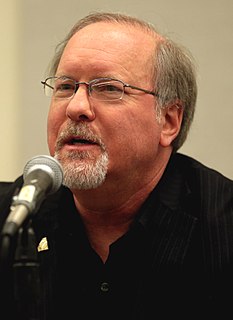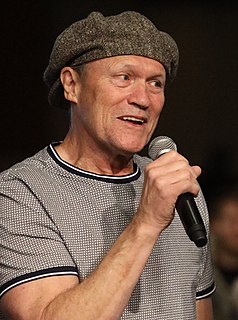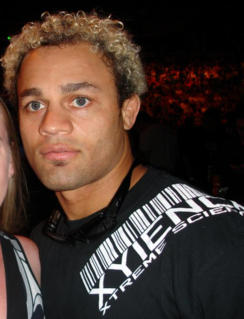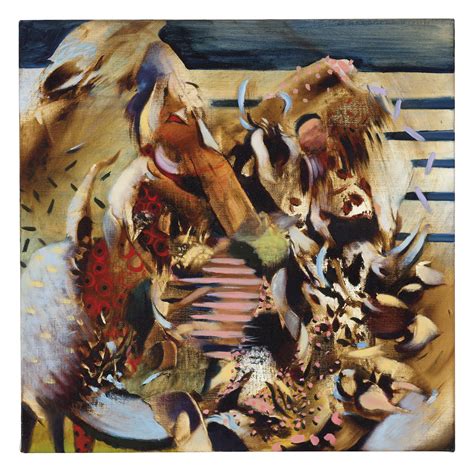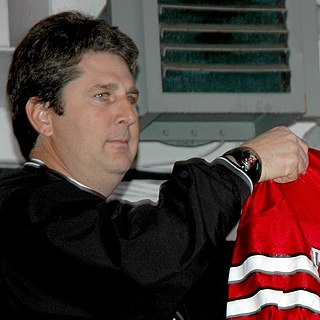A Quote by Kevin J. Anderson
I got to spend all of my time every day at work reading and editing papers about cutting-edge technical research and getting paid for it. Then I'd go home at night and turn what I learned into science fiction stories.
Related Quotes
Writing is so... I don't know, it's such a practice, and I feel very unpracticed in it, because I'm not doing it every day. And I really need to do it every day. In other words, you spend all this time writing a movie, and then you stop, and then you're shooting the movie, and then you're cutting, and a year and a half goes by, because in the editing room, you're not writing.
On a daily basis, my home life is very simple. I spend about 2 hours every morning reading the newspaper. As my two assistants will tell you, I don't come to work in the mornings, for two reasons. First, I want to be informed - that means I go through The New York Times every day, and then I watch some news on television. The second is, mornings are the best time to communicate with my clients abroad.
A typical workday for me is getting up at about 5:00, 5:15 in the morning, getting some coffee or tea as quickly as possible, and then getting to my desk. And ideally, I'll start writing around 5:30, 5:45, and I'll write for three, four hours, and then I'll take a break, and read over what I write. Maybe about lunchtime, I'll go exercise or get out into the day. Then I'll either read over what I wrote the day before and quit work around 3:00 or 4:00 in the afternoon and spend some time with my kids.
I probably spend more time writing than reading science fiction. I find that science-fiction literature is so reactive to all the literature that's gone before that it's sort of like a fractal. It's gone to a level of detail that the average person could not possibly follow unless you're a fan. It iterates upon many prior generations of iterations.
We travel because we need to, because distance and difference are the secret tonic of creativity. When we get home, home is still the same. But something in our mind has been changed, and that changes everything. Several new science papers suggest that getting away is an essential habit of effective thinking. When we escape from the place we spend most of our time, the mind is suddenly made aware of all those errant ideas we'd previously suppressed. We start thinking about obscure possibilitiebsthat never would have occurred to us if we'd stayed home.
I cannot disagree with you that having something like 500 economists is extremely unhealthy. As you say, it is not conducive to independent, objective research. You and I know there has been censorship of the material published. Equally important, the location of the economists in the Federal Reserve has had a significant influence on the kind of research they do, biasing that research toward noncontroversial technical papers on method as opposed to substantive papers on policy and results
